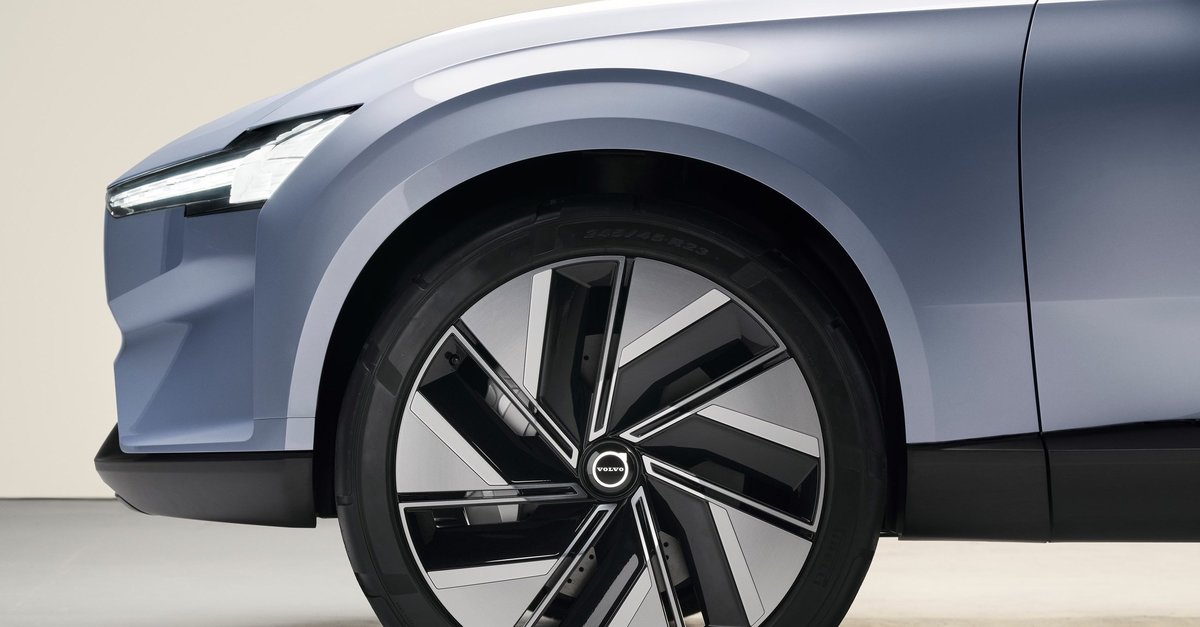Volvo wants to solve one of the biggest problems of electric cars
With the Concept Recharge, Volvo wants to give its e-cars the decisive advantage in the future. Because you are tackling a problem that still affects electric cars and is often used as a murder argument by opponents of electric driving. Volvo wants to minimize emissions from the very first production step.
Volvo: CO2-Balance of electric car construction has to go down
Electric cars are supposed to save private mobility – and also do far less damage to the environment. Opponents accuse them, however, that the production of an e-car is much more harmful to the climate than a combustion engine. The ADAC believes that this difference is only made up late in the life of an electric car. Volvo wants to change that.
For this purpose, an electric SUV is being planned with the “Concept Recharge” that uses as few plastics as possible. Instead, be natural and renewable raw materials used. For example, when it comes to interior cladding and seats, Swedish wool is used. Novel composite materials on a natural basis are to be used as the basis for doors and fittings, and parts of the exterior cladding are also made from flax composite materials.
Compared to the 2018 version of the SUV XC60 80 percent of the CO2--Save burden (Source: Volvo). In addition to new materials for the body and interior, this is also achieved by using Pirelli tires, which are said to be 94 percent fossil-free.
In production, you want to focus on short ways Delivery of components should be emission-free will. Last but not least, Volvo is working on optimizing aerodynamics. The idea: More range without larger batteries, because their manufacture has a particularly negative impact on CO2-Balance sheet.
These errors in the Video You should know about e-cars:
Volvo is not alone with eco-friendly materials in the car
With all of Volvo’s positive approaches, however, there are some caveats to be made. They are of course highly advertised, but are no longer a unique selling point. Especially the further development of tires, for example with less abrasion, as well as better resistance values in the wind tunnel – this is nothing new in the automotive industry. You are not alone when it comes to the sustainable mix of materials: VW’s ID.Life concept is also aimed precisely at this.
What Volvo can score with, however: From 2030, only e-cars will be sold and The entire group is to be emission-free by 2040. Part of this is the planned climate-neutral battery factory.



